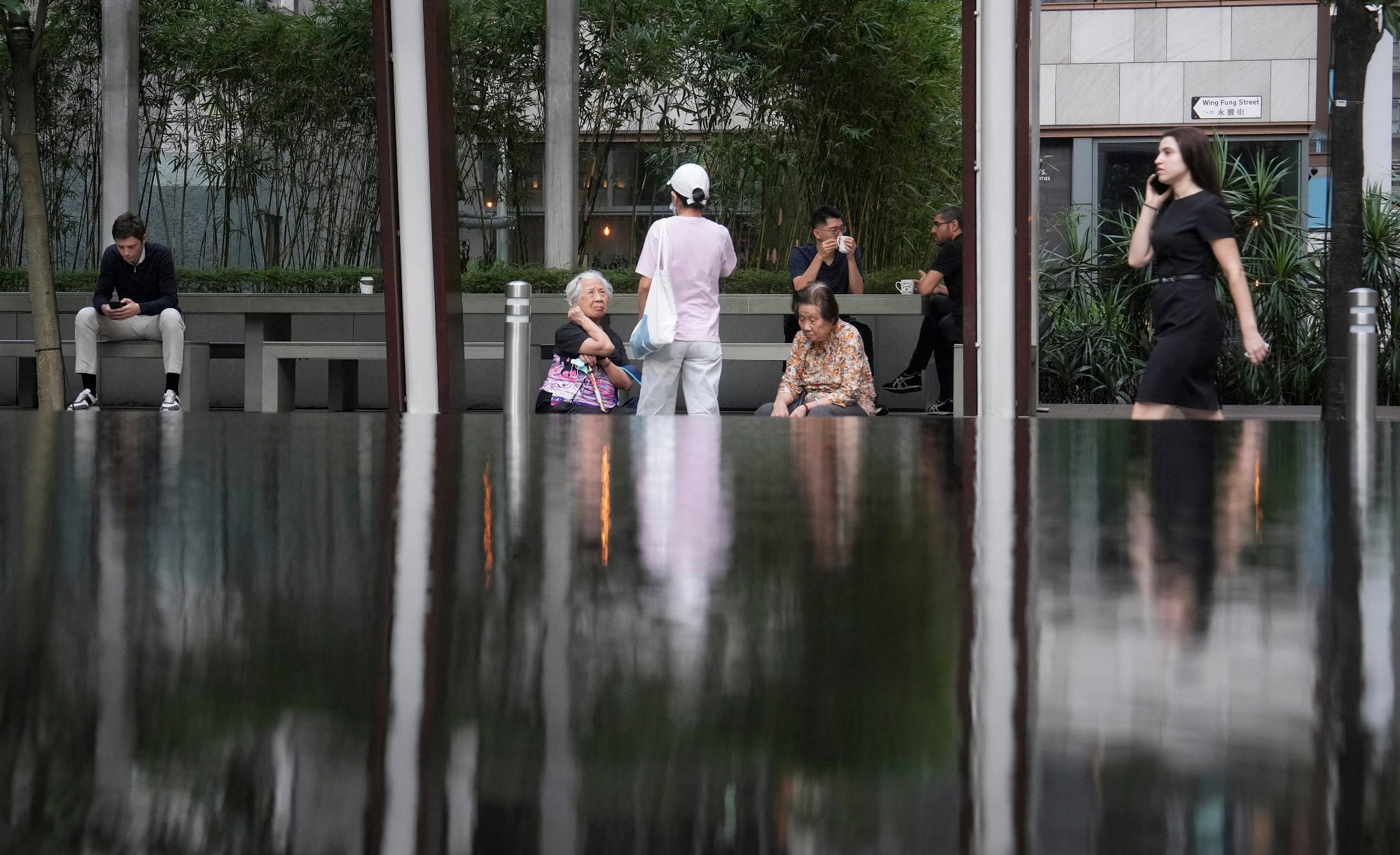Hong Kong authorities have proposed requiring new private homes and other buildings frequented by elderly residents to fulfil certain design requirements, while exempting some senior-friendly facilities from gross floor area calculations as incentives for developers amid the city’s ageing population.
Details of the proposal, released to lawmakers in a paper on Thursday, had gained support from land development advisers, and other relevant parties would be consulted in the next two months, according to the Development Bureau.
“Stakeholders generally share the need to create a more accessible and safe living environment to help elderly overcome the challenges that come with ageing, including mobility issues, cognitive decline and social isolation,” the bureau said.
Do you have questions about the biggest topics and trends from around the world? Get the answers with SCMP Knowledge, our new platform of curated content with explainers, FAQs, analyses and infographics brought to you by our award-winning team.
The bureau added that many stakeholders supported the incorporation of adaptable design principles into the living environment of the elderly, which could help promote independent living and reduce the need for costly renovations.
According to data projected by the Census and Statistics Department, the number of elderly residents aged 65 or above in the total population was expected to increase from 20.8 per cent in mid-2022 to 25.3 per cent in 2028, before reaching 30.4 per cent in 2037.
Among the elderly, 39.3 per cent either lived alone or with a spouse who was also likely to be an elderly person.
The most striking incentive proposed by authorities was granting gross floor concessions to developers adding elderly-friendly equipment, facilities and resting areas, meaning those facilities could be added on top of the total permitted floor areas.
Some examples cited in the paper include elderly-friendly toilets, fitness equipment in sky gardens and resting facilities.
But an overall cap of 10 per cent of total gross floor area would be imposed for concessions.
Authorities would also work with the Hong Kong Green Building Council and building non-profit Beam Society to establish a voluntary accreditation scheme, under which elderly-friendly designs would be recognised. A similar scheme has already been implemented for environment-friendly designs.

At the same time, the government also proposed some mandatory design requirements. For example, the width of the front door of a flat should not be less than 85cm (33.5 inches), wet areas should have slip-resistant floor surfaces and common areas should have an illumination level of not less than 120 lux.
But the bureau said the new requirements would only apply to new private homes, mixed-use buildings and commercial premises often patronised by the elderly, including shopping centres and clinics. They would also apply to existing blocks undergoing renovation or additions as far as feasible and applicable.
Lawmaker Scott Leung Man-kwong agreed that promoting such design was a major trend but said proposals involving law amendments would take time, and suggested technology be better used in the interim to enhance the welfare of elderly.
“We can initially implement some external devices, such as Fall Alert Radar, a radar that helps to detect if an elderly resident has fallen,” he said.
The proposed policies followed the launch of the city’s first private residence for the elderly earlier this week, which offered a racecourse view in upmarket Happy Valley and tailor-made healthcare services.
But analysts have called for policy incentives to boost the supply of such housing as the population ages, including lower land prices and taxes on profits.
More from South China Morning Post:
- Hong Kong’s first private residence for elderly set to welcome retirees who can afford it
- HK Express launches HK$2 flights for elderly Hongkongers. But are they the cheapest?
For the latest news from the South China Morning Post download our mobile app. Copyright 2024.





